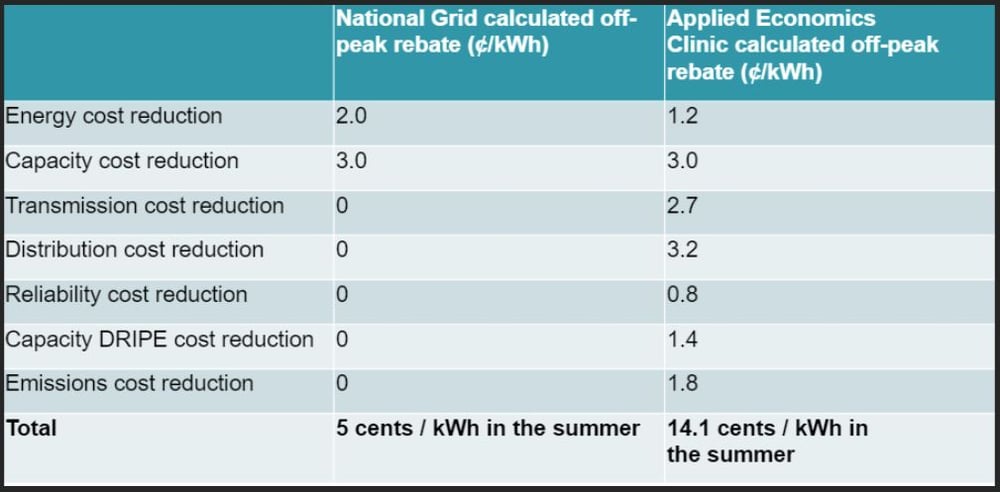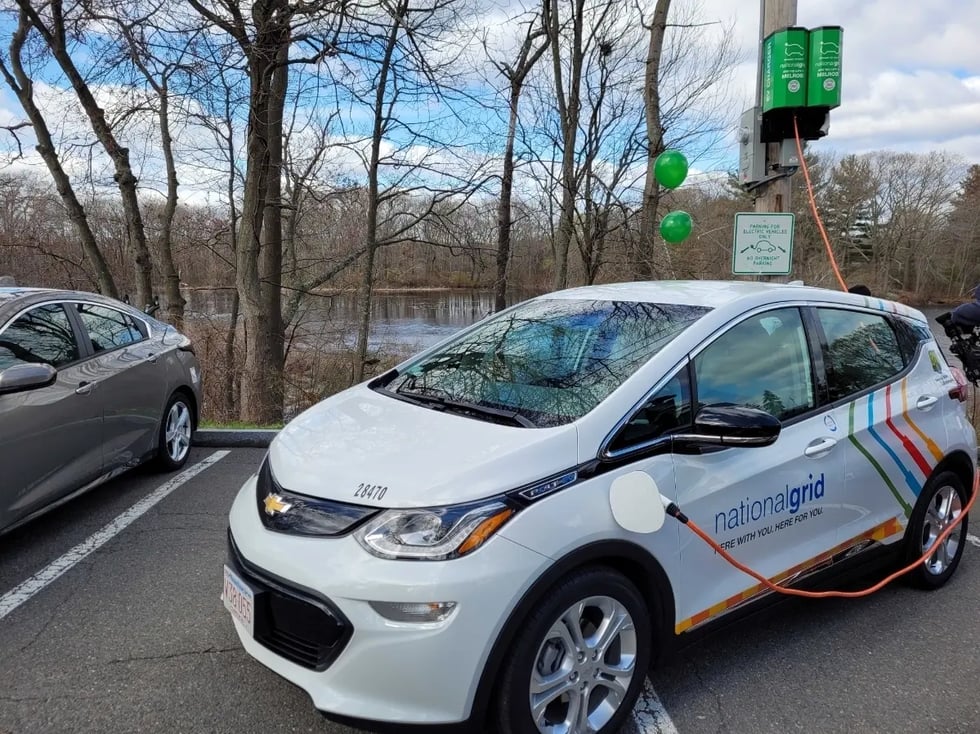What the MA Senate Climate Bill Says About Phasing Out Gasoline
The Massachusetts Senate made big news last week by passing a massive climate bill that tackles transportation,...
We have been attending Rhode Island Energy’s (RIE’s) quarterly Power Sector Transformation sessions for a few years to learn about and advise on electrification initiatives in the state. At the most recent session, we learned that Rhode Island plans to submit an Electric Vehicle Program Filing with the PUC this Fall. Given that transportation is the largest source of Greenhouse Gas (GHG) emissions in the state, RIE’s EV programming will be a key piece of Rhode Island’s approach to meeting the emissions reduction mandate of the Act on Climate. Recognizing this important role, we submitted this memo to key stakeholders detailing what we think RIE EV programs must include to result in adequate emissions reductions. Below are our four main points:
We applaud RIE for considering both Make Ready and Electric Vehicle Supply Equipment (EVSE) incentives, with a special emphasis on supporting low- and moderate-income consumers. However, extending similar incentives to the public, workplace, and fleet segments is essential to further accelerate EV adoption. By doing so, RIE can empower cities, towns, nonprofits, fleets, multi-unit dwellings, employers, and businesses to install charging infrastructure, which is crucial for widespread EV adoption. In Massachusetts, the Department of Public Utilities last year approved budgets totaling nearly $400 million for National Grid, Eversource, and Unitil to offer such incentives in these segments. See our blog for more details. Additionally, analysis indicates that the revenue generated from increased EV charging outweighs the costs of such programs, benefiting all ratepayers.

Off-peak charging rebates are a powerful tool to incentivize EV adoption and prevent grid congestion during peak hours. These rebates must account for all the benefits of off-peak charging. Currently, calculations for off-peak charging rebates consider only the difference in supply or generation costs between peak and off-peak times. However, there are numerous additional benefits to shifting load off-peak, including avoided transmission and distribution costs, reduced emissions and emission costs, enhanced grid reliability, and more. Accounting for these benefits could significantly increase the rebate amount, creating a stronger incentive for consumers to charge their EVs during off-peak hours.
The following table shows an analysis of off-peak charging conducted by Applied Economics Clinic on behalf of Green Energy Consumers relative to a proposal by National Grid in Massachusetts. It supports our view that EV drivers who charge off-peak should receive a larger discount than they are currently receiving from National Grid. This same point applies to Rhode Island Energy and the Ocean State!

Demand charges can pose a financial challenge for site hosts of DC Fast Charging stations and large banks of Level 2 charging stations. Historically, some utilities have waived demand charges for a few years to mitigate this issue. We suggest that RIE explores alternative solutions to address this concern such as incentivizing co-locating solar and storage with DC Fast Charging stations. Additionally, a demand charge rebate structure that decreases as load factor increases, as recently approved in Massachusetts, could provide a more sustainable approach. This approach aligns with the evolving landscape of EV adoption and reduces uncertainty for site hosts.
Recognizing the diverse needs of Rhode Island residents, RIE's plan to propose programs for pole-mounted EV chargers is a positive step forward. Many individuals lack off-street parking and rely on public charging infrastructure to make the switch to EVs. Pole-mounted chargers offer a practical solution to bring charging closer to urban areas and communities without off-street parking options. (The image below is a pole-mounted charging station in Melrose, Massachusetts.)

These measures will not only support the state's goal of transitioning to cleaner transportation but also ensure that EV adoption is accessible to all, including lower-income individuals who may face barriers to installation and charging. By implementing these recommendations, Rhode Island can pave the way for a cleaner, more environmentally friendly, and economically sustainable transportation system.
The Massachusetts Senate made big news last week by passing a massive climate bill that tackles transportation,...
In Massachusetts and Rhode Island, emissions from transportation are our biggest climate problem. Although...
Comments